Implementing the Party and State's policy on developing the Mekong Delta region to adapt to climate change, in Document No. 417/QD-TTg dated April 13, 2019, the Government issued the "Overall Action Program to implement Resolution No. 120/NQ-CP dated November 17, 2017 on sustainable development of the Mekong Delta to adapt to climate change".
Then, on April 2, 2022, the Politburo issued "Resolution No. 13-NQ/TW on socio-economic development orientations and ensuring national defense and security in the Mekong Delta region to 2030, with a vision to 2045" and the Government issued "Resolution No. 78/NQ-CP dated June 18, 2022 on the Action Program to implement Resolution 13".
These policies require sustainable development of the Mekong Delta region combined with adaptation to climate change, ensuring water security, ecological environment, and harmonious socio -economic development.

Science and technology to respond to climate change for sustainable development of the Mekong Delta.
Recognizing the key role of science and technology in realizing the above tasks, on December 29, 2023, the Ministry of Science and Technology issued Decision No. 3289/QD-BKHCN approving the National Science and Technology Program for the period up to 2030: "Science and technology to respond to climate change for sustainable development of the Mekong Delta", code KC.15/21-30.
The KC.15/21-30 program sets out the general objective: Providing scientific arguments, solutions, models for applying science and technology and innovation to proactively and effectively respond to climate change, adapt to impacts from the upper Mekong River, contributing to making the Mekong Delta a key economic region, civilized, ecological and sustainable, imbued with the cultural identity of Vietnamese rivers, integrating regionally and internationally.
Specifically, the program specifies the following goals:
Sustainable economic development in the Mekong Delta to respond to climate change and impacts from the upper Mekong River.
Developing a harmonious, civilized, ecological society, contributing to improving people's lives and adapting to climate change.
Sustainable use of resources, environmental protection, biodiversity conservation, disaster mitigation and climate change response.
Synchronously integrate environmental protection goals, climate change response, upstream impact adaptation and sustainable development of the Mekong Delta region.
In terms of content, the program focuses on many large groups of solutions:
Building scientific and practical foundations; researching and proposing policies and models for economic - social - environmental development in the Mekong Delta region towards green transformation, circular economy, and low carbon.
Research and transfer of technology and development models: Agriculture, aquaculture, fruit trees, and rice in the region adapt to drought, saltwater intrusion, and subsidence; application of biotechnology, digitalization, traceability, and e-commerce for key products of the region.
Building and transferring green, circular new rural models, industrial parks, smart cities, smart waterway traffic systems, smart water supply and salinity prevention systems, and instant subsidence forecasting systems for sensitive areas.
Integrating climate change response with sustainable development, including empirical research, data, maps, and integrated software for inter-sectoral and inter-regional management.
The program also clearly defines the evaluation criteria: at least 80% of the results are put into practical application, at least 50% of the tasks involve enterprises/localities or international, at least 30% of the tasks have intellectual property products...
The Mekong Delta is facing "double pressure": It is both a key economic region and a region vulnerable to climate change. The construction of irrigation and hydroelectric dams in the upstream countries of the Mekong River has reduced the flow of the Tien and Hau rivers into Vietnam, leading to increasingly severe and complex saline intrusion in some coastal provinces of the Mekong Delta. Main rivers and branch canals are affected by salinity earlier, the salinity boundary extends deeper into the fields, seriously affecting the lives, agricultural production and construction works of people in the whole region.
Many scientists have expressed their opinions, emphasizing: There needs to be a scientific and long-term scenario for the issue of climate change adaptation in the Mekong Delta. Accordingly, the solution does not stop at "resisting" natural disasters and salinity intrusion, but must aim at transforming production models, raising public awareness, changing environmentally damaging behaviors, promoting international cooperation and regional linkages, and utilizing domestic and foreign scientific resources to contribute ideas for sustainable development in the whole region.
Thus, the KC.15/21-30 program is not only the next step in the national policy chain for the Mekong Delta, but also a key science and technology tool to help the region overcome challenges, take advantage of opportunities, and transform strongly.
The Ministry of Science and Technology (MOST) plays a leading role in implementing the program, organizing task orders, mobilizing science and technology resources, and coordinating with localities and businesses to put research results into practice. The program also opens up opportunities for scientists and research groups to submit task proposals, providing clear application forms and deadlines for participation right from the beginning.
The successful implementation of the KC.15/21-30 program will greatly contribute to the concretization of major policies of the Party and State for the Mekong Delta region. In practice, the region needs to develop a number of infrastructures and cutting-edge technology systems, such as: Smart waterway traffic system, smart water supply and salinity prevention network, instant subsidence warning system for sensitive areas, thereby building a socio-economic development model with riverine identity, both natural and sustainable.

Many completed projects help localities in the Mekong Delta produce favorably against the impacts of climate change.
By effectively researching and applying models and technological solutions, from adaptive crop and livestock varieties, to production, processing, linkage chains, e-commerce, and green urban areas, the Mekong Delta will move closer to its goal: Becoming a key economic region, civilized, ecological, sustainable, imbued with the cultural identity of the country's rivers, while integrating internationally.
To achieve that goal, it is necessary to have the cooperation of the scientific community, businesses, localities, people and the entire policy system, in which the KC.15/21-30 program is a very important first step. Let's join in researching, proposing tasks, coordinating implementation and applying research results to the practice of the Mekong Delta region, towards a future of sustainable development, adapting to climate change and exploiting the full potential of this land rich in tradition.
Source: https://mst.gov.vn/ung-dung-khcn-de-thich-ung-bien-doi-khi-hau-phat-trien-ben-vung-dbscl-197251113140655801.htm


![[Photo] Unique architecture of the deepest metro station in France](https://vphoto.vietnam.vn/thumb/1200x675/vietnam/resource/IMAGE/2025/11/14/1763107592365_ga-sau-nhat-nuoc-phap-duy-1-6403-jpg.webp)
![[Photo] Special class in Tra Linh](https://vphoto.vietnam.vn/thumb/1200x675/vietnam/resource/IMAGE/2025/11/14/1763078485441_ndo_br_lop-hoc-7-jpg.webp)


![[Photo] Unique art of painting Tuong masks](https://vphoto.vietnam.vn/thumb/1200x675/vietnam/resource/IMAGE/2025/11/14/1763094089301_ndo_br_1-jpg.webp)



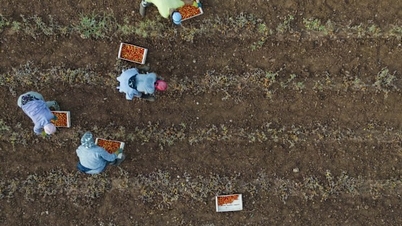




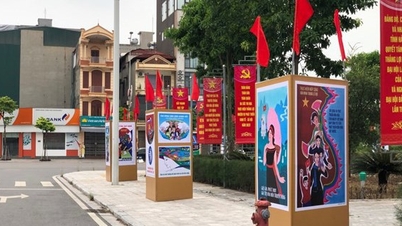






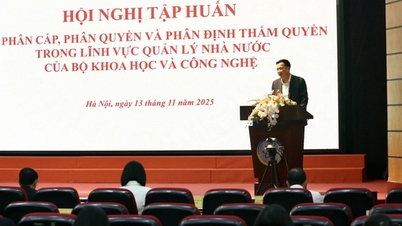
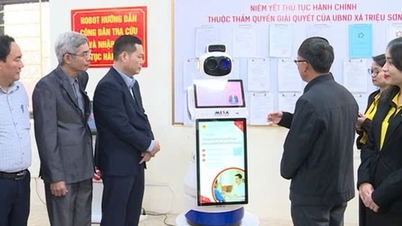
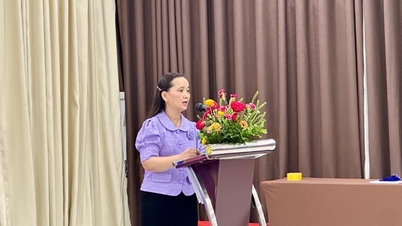
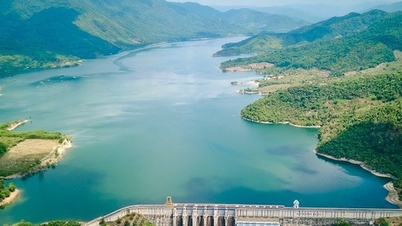
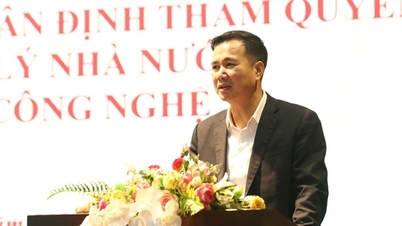
![[Photo] Deep sea sand deposits, ancient wooden ship An Bang faces the risk of being buried again](https://vphoto.vietnam.vn/thumb/1200x675/vietnam/resource/IMAGE/2025/11/13/1763033175715_ndo_br_thuyen-1-jpg.webp)






































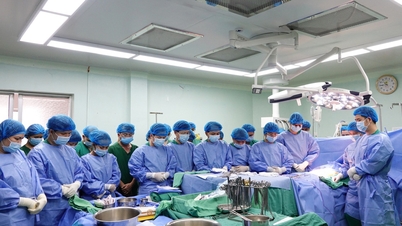

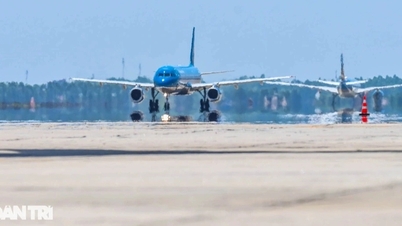


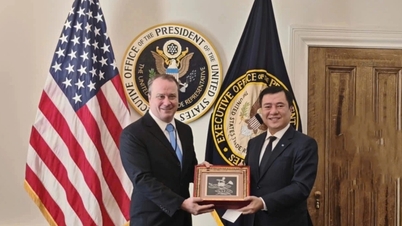

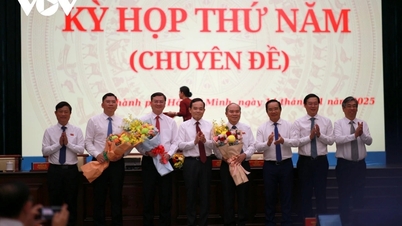
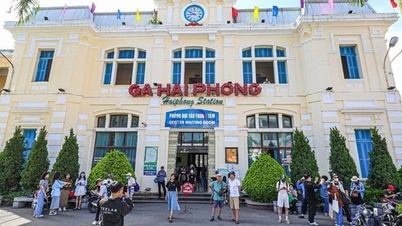



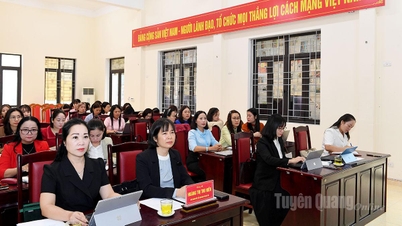

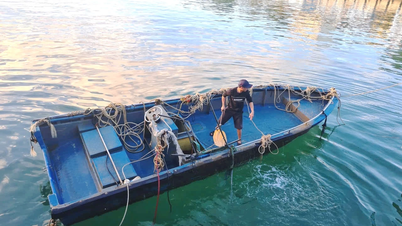

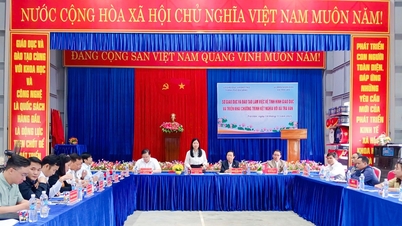

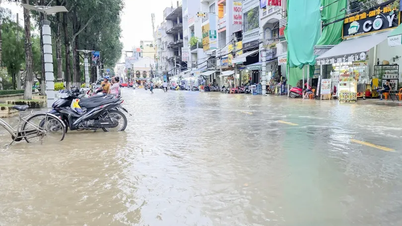

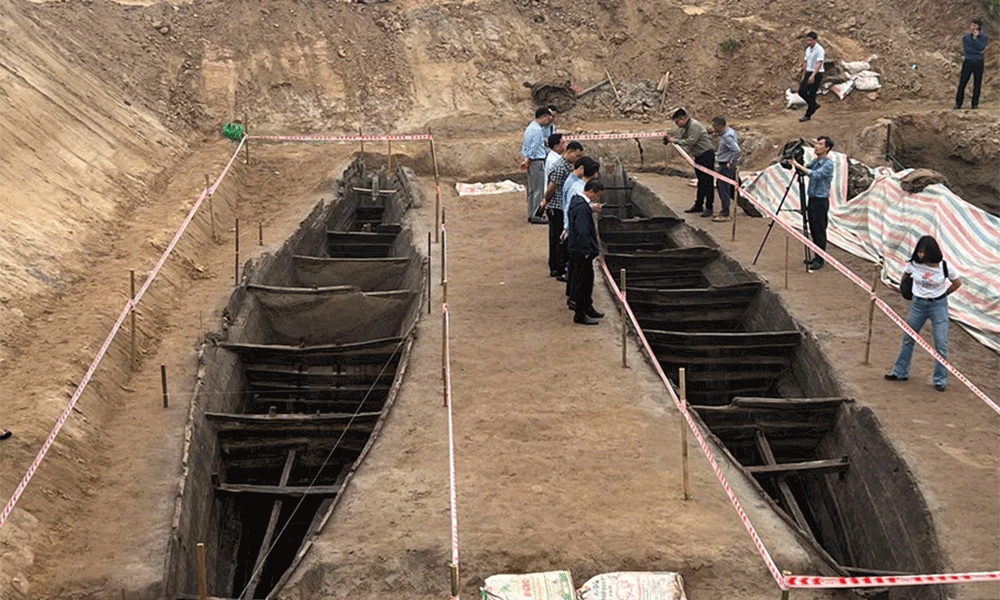







![Dong Nai OCOP transition: [Article 3] Linking tourism with OCOP product consumption](https://vphoto.vietnam.vn/thumb/402x226/vietnam/resource/IMAGE/2025/11/10/1762739199309_1324-2740-7_n-162543_981.jpeg)


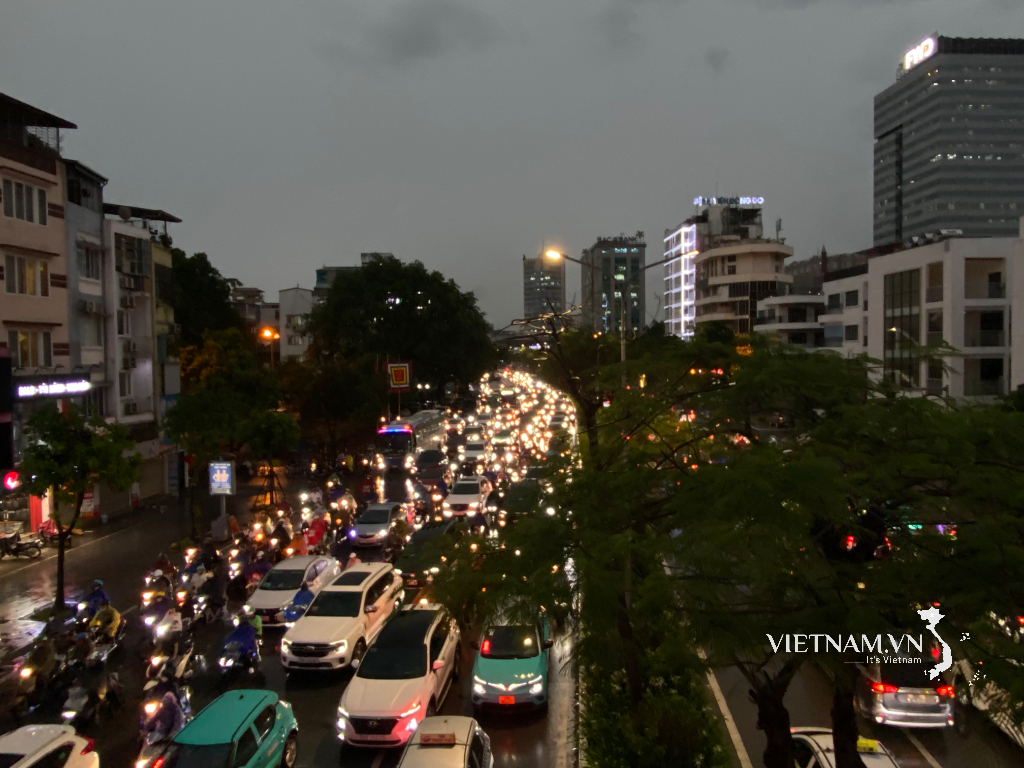


Comment (0)